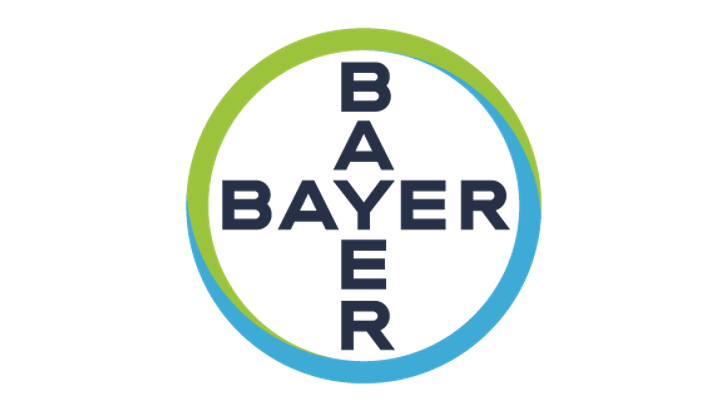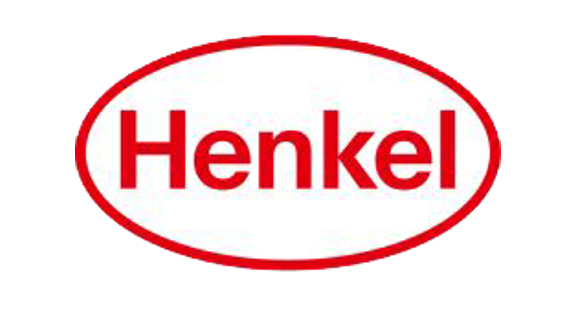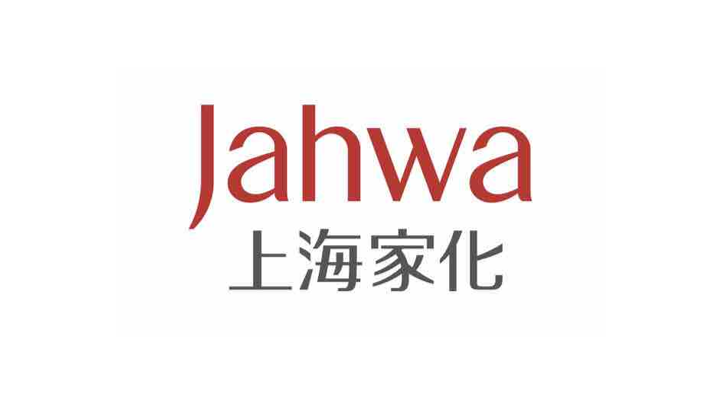According to reports, Walmart has completed a pilot project for a new self-checkout technology. Since November 2023, Walmart's headquarters-based supermarket in Arkansas has been testing RFID technology in one of its stores to verify customers' purchase behavior, allowing customers to leave without showing their shopping receipts to staff at the Bentonville store.
A Walmart spokesperson introduced that during the testing period, customers can use self-service counters to scan the items in their shopping carts. A blue marker appears on the floor next to the machine, guiding customers to place their shopping cart on the grid. The machine includes a bagging area, with signs encouraging customers to "try our new, faster checkout service."
Results After the Pilot Project
A spokesperson confirmed that Walmart will use the data collected from the test results for analysis to understand the actual situation of RFID friction-free shopping and indicated that more innovative tests may be conducted in the future.
Although the testing in the pilot store has ended, friction-free shopping remains one of the new trends that retailers are exploring, a demand that can be fulfilled using RFID technology. Retailers hope to guide customers through the store more quickly, such as the EXO checkout system used at the TD Garden in Boston, USA.
Large chain supermarket stores are actively seeking ways to use RFID tags on products, hoping to scan entire bags, baskets, or shopping carts at once instead of scanning each item individually. At the same time, smart shopping cart products are also considered as one of the new products that may be used in future retail scenarios, as they can enhance customers' experience and assist supermarkets in making value-added sales.
History of Walmart's RFID Usage
The news of Walmart ending its pilot project is significant for the RFID industry, as Walmart has been one of the leaders in deploying RFID technology. Walmart is a bellwether and leading indicator of technological innovation in the retail RFID industry.
Since September 2, 2022, Walmart has required suppliers to add RFID tags to all products provided to stores in certain departments, and now many categories use RFID management.
The requirement includes home product manufacturers, as well as some hardware products (such as hardware and automotive products) and some entertainment and toy product manufacturers. This requirement was proposed after the use of RFID technology for clothing items in stores to expand RFID applications.
Recent RFID Explorations by Walmart
In 2020, Walmart began deploying UHF RFID technology in its stores to track the receipt, display, and sales of clothing items. Passive UHF RFID tags are associated with each piece of clothing and are quickly identified through handheld or fixed readers to assist with inventory management.
In March 2022, Walmart proposed that new products using embedded RFID-enabled tags would be allowed to be shelved in Walmart stores. The expanded areas include consumer electronics (such as TVs, XBOX), wireless devices (such as mobile phones, tablets, accessories), kitchen and catering, home furnishings, bathtubs and showers, storage and organization, automotive electronics, toys, and other categories.
In April 2023, Walmart announced plans to automate approximately 65% of its stores and 55% of its fulfillment centers by the end of fiscal 2026, with a unit cost increase of approximately 20%.
In December 2023, Walmart began testing the checkout-free function for three months, which has now been completed. The test results showed that RFID can help retailers ensure that each store has appropriate inventory levels and can thus ensure timely replenishment.
Walmart's testers noted that they saw "significant results" in confirming whether items were in the store and improving online order fulfillment.
Source: RFID 世界网

















